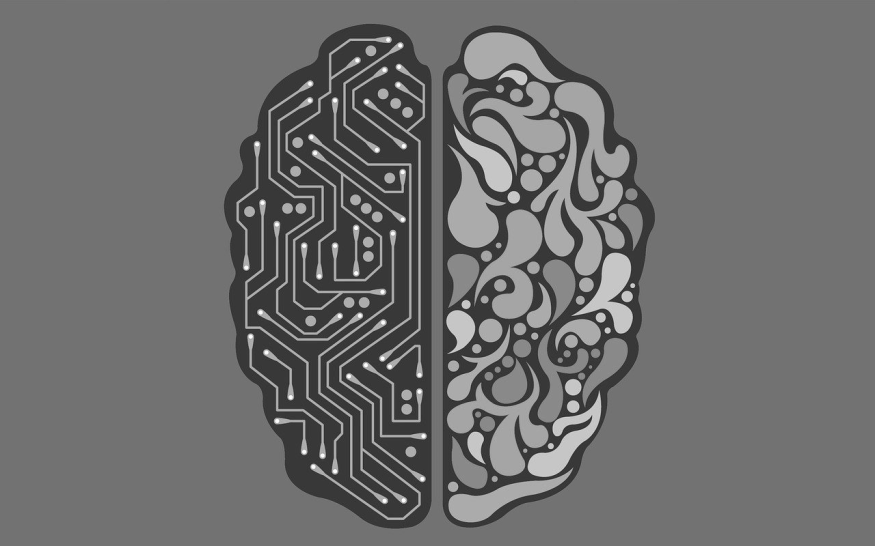
Modern technology and Business are interdependent that bring in various types of innovative approaches toward efficient production and problem-solving. AI complements development and vice-versa, which is implemented in the system for better workflow and organization.
The principles used in DevOps are further used to make AI processing and functioning easier. It is used in many aspects of our lives, starting from automated chatbots, AI-driven software, and more which gives fast access to almost everything and saves time.
Digital technology has been moved into business with the fundamental motive of handling operations and increasing effective growth.
What are AI and DevOps?
In simple words, Artificial intelligence is a simulation of humanlike learning and processing with the help of computer coding and programs. They adapt, learn and evaluate surroundings just as we would through different scenario recognition.
They function with experience and learn new things efficiently.
DevOps is a harmonious working culture or environment for the development and operation teams where they enhance and be agile towards multi-tasking and production in a business. Develops consulting can increase faster delivery and production of applications and the various services which will ensure end-to-end satisfaction by supporting collaboration.
These terms are interrelated nowadays as more and more businesses are enabling similar processes in their workflow to overcome the competitive advantage and gain success.
The impact and transformation of AI for DevOps
The monumental amount of data that needs to be checked, traced, and organized is not humanely possible, but with the help of AI and ML, we can access such data at a much higher velocity and address issues and failures in the system effectively.
These can lead to reduced misconfiguration, and administrative faults and fix the security aspect of a company. The workload and actual downtime of manual configuration is decreased by adapting AI for DevOps.
Efficient analysis and data handling: With different AI software and tools, one can substantially store, edit, process and alter data with the help of AI and ML. The drawbacks in coding, distributed resources, and its handling can be analyzed properly to access overall control of the system and ensure better management.
Addressing faults and quality detection: With AI and DevOps, a Comprehensive quality test mechanism is brought forward to adapt to the pattern and enhance the future delivery with better alternatives. The system is trained to handle and detect anomalies as it trains continually to discard inconsistency and suggest reliable options to improvise each function.
Customer engagement and assessment: The AI can focus well on the early detection of an oddity in the system integration and convert feedback and consumer behavior into a pattern test benchmark. It then delivers performance reports and augmentation options to achieve consumer goals on a wider assortment. The employees and business are immediately alerted in case of faulty patterns or inconsistencies.
AI transformed DevOps by:
Ensuring DevOps is engaged in a critical role in the company's approach to digital innovation and enhancement.
Reduce manual workload and encourage digital magnification of data handling and evaluation.
Address and recognize faults, pattern isolation, and key peculiarities in the system to bridge the gap between users and data.
Ways in which AI enhances DevOps
AI can process and collect different forms of data from the DevOps environment and process it to find potential root causes of disruption and vulnerabilities.
AI support of a business helps to program their own threat detection and prevention rules, software, codes, and alert systems. This reduces risk factors and strengthens security for a business.
Another area where AI has transformed DevOps is providing feedback loops. The different codes have helped to inspect and examine real-time code errors that are disrupting the workflow. This is used to alter mechanisms and increase faster release and customer engagement.
Conclusion:
DevOps surely benefit from AI and ML on a wider scale each day as more companies participate in bringing forward newer versions of productive management. There is continuous monitoring, development., enhancement, and integration through AI and DevOps as it maintains a stable working environment and reduces errors, manual working pressure, and security breach possibilities. A greater step to the flexible culturism in work is achieved with better opportunities.












